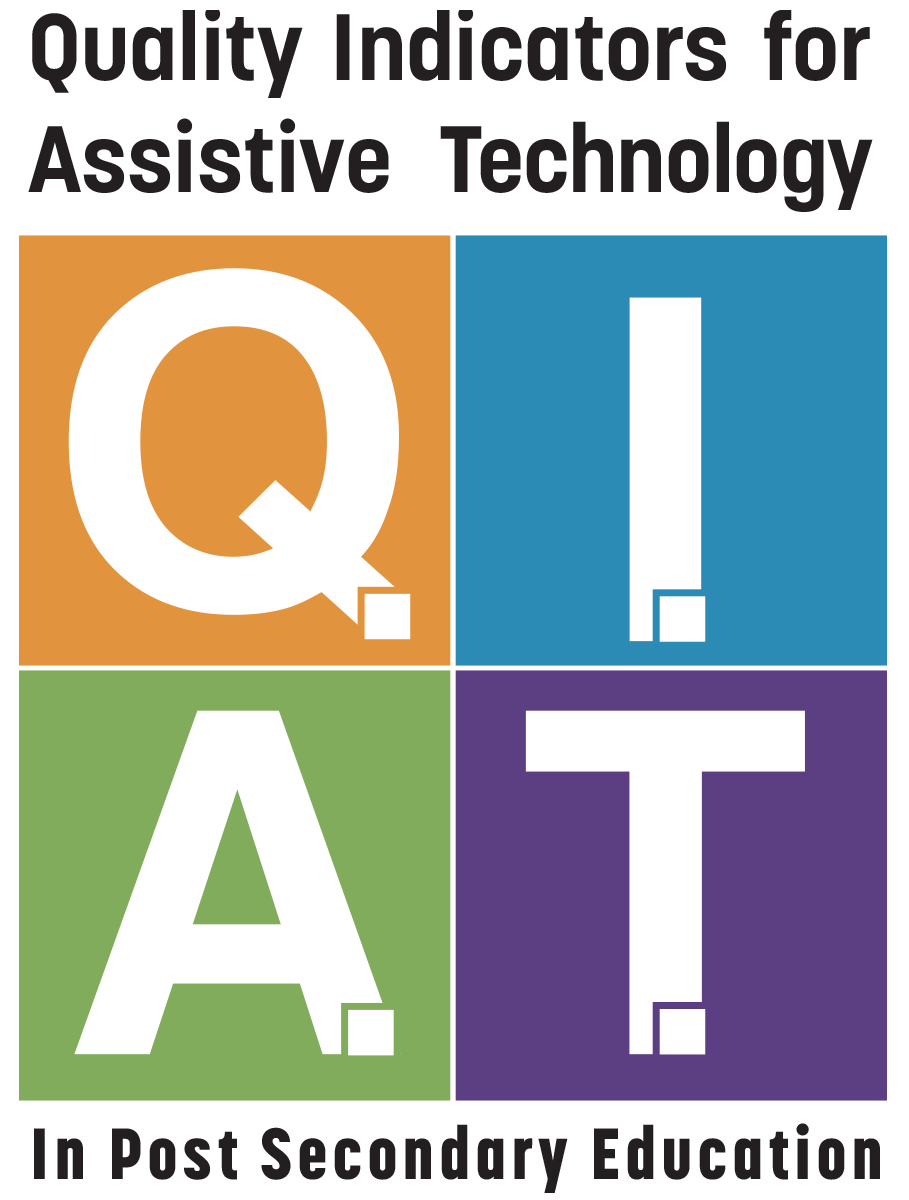A Short Summary of Disability Laws and Terminology
IDEA
The Individuals with Disabilities Education Act (IDEA) is a four-part piece of legislation that ensures students with a disability are provided with Free Appropriate Public Education (FAPE) that is tailored to their individual needs. All students who have an Individualized Education Program (IEP) should be considered for Assistive Technology.
ADA
The Americans with Disabilities Act (ADA) of 1990 is a civil rights law that prohibits discrimination based on disability.
Section 504
Section 504 of the Rehabilitation Act of 1973 prohibits discrimination of persons based upon disability. It was one of the first U.S. federal civil rights laws offering protection for people with disabilities.
Assistive Technology
Assistive technology is any device, software or equipment that can help a person with a disability work around their challenges and issues. In IDEA it has a specific legal meaning: Any item, piece of equipment or product system, whether acquired commercially off the shelf, modified, or customized, that is used to increase, maintain, or improve the functional capabilities of children with disabilities. In adult life, assistive technology can also be an umbrella term that includes assistive, adaptive, and rehabilitative devices for people with disabilities or elderly population, it can also include the process used to select, locate, and use.
Accommodation
A reasonable accommodation is an adjustment made in a system to accommodate or make fair the same system for an individual based on a proven need. Section 504 and the ADA both require entities to make “reasonable accommodations” to help people with disabilities for equal access.
Title IX
Title IX is a federal civil rights law passed as part of the Education Amendments of 1972. This law protects people from discrimination based on sex in education programs or activities that receive Federal financial assistance.
